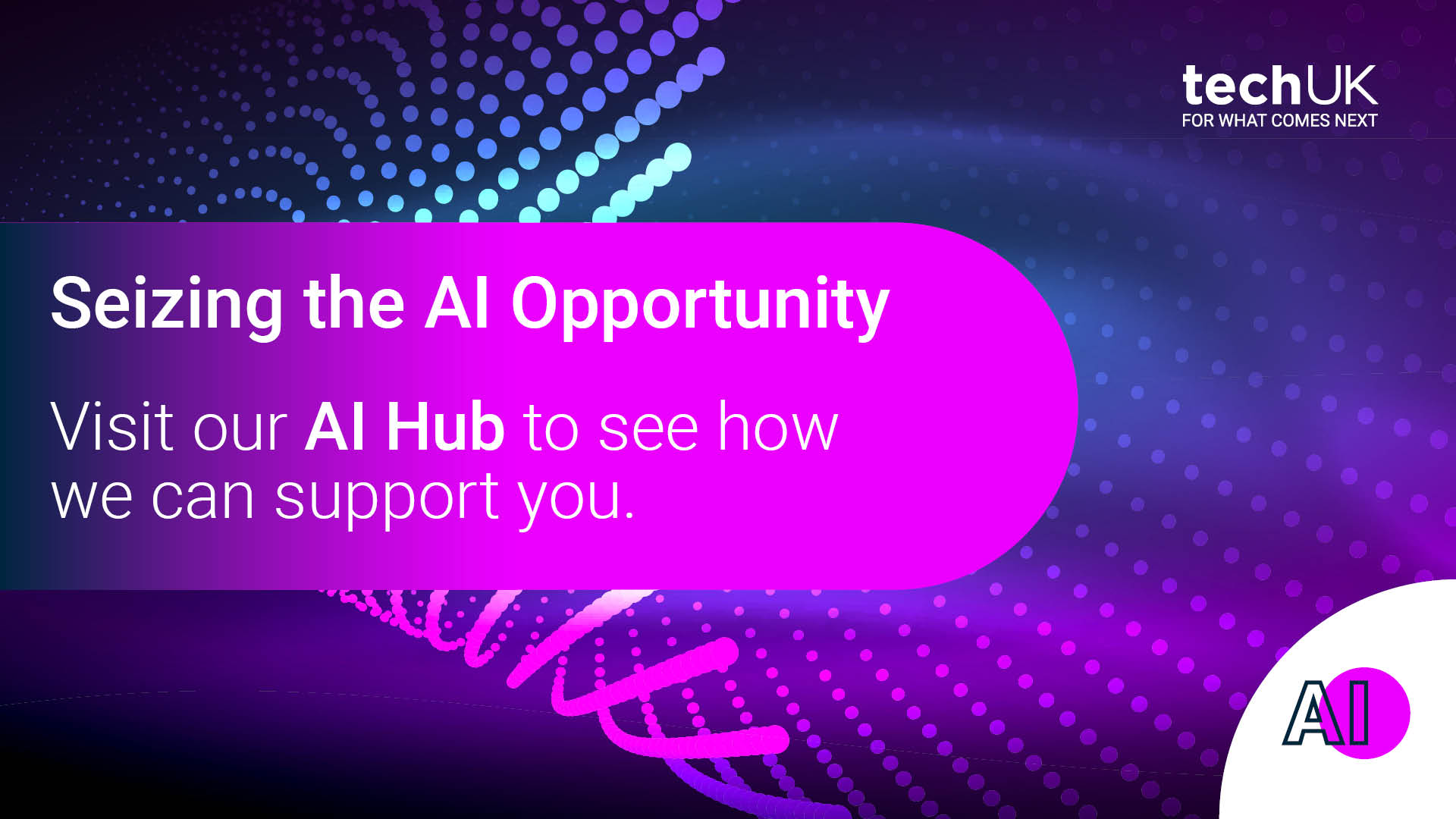Building a Future-ready Workforce
Despite the government’s recent £3.25bn commitment to AI development and the UK’s rapid pace of innovation, 43% of employers hiring for technical roles are struggling to fill vacancies. This paradox highlights a critical gap: investing in AI infrastructure doesn’t mean much without a workforce that combines technical expertise with essential human skills.
The truth is that hiring confidence is plummeting and the stakes are high. The Prince’s Trust estimates the digital skills gap is already costing the UK economy £63 billion annually, and that gap is only widening. If we want to futureproof our workforce, we need more than funding announcements. We require meaningful collaboration between government, industry, and education – and right now, that’s missing.
The Myth of the “AI Expert”
Let’s start by busting a myth: technical roles aren’t just for people with traditional degrees. In fact, according to recent research from the University of Oxford, employers in the AI sector are placing increasing value on practical skills over formal qualifications. With AI evolving faster than curricula can keep up, traditional education systems and graduates are often out of sync with workplace realities.
What the economy needs is people who can work with AI, not just those who can build it. Yet, most AI education remains siloed. It’s concentrated in postgraduate programmes or corporate upskilling initiatives for professionals already in the field, excluding the dominant population.
Change needs to start earlier and reach further. Embedding AI literacy in primary and secondary education is one piece of the puzzle. But equally important is industry support – helping schools and universities adopt AI tools, update outdated course content, and expose students to real-world applications. Through hands-on partnerships, we can raise learners who are AI-fluent by default.
At the same time, we must rethink adult learning. Flexible, employer-led programmes should go beyond technical coding and focus on areas like prompt engineering, ethical reasoning, and cross-functional collaboration. These aren’t niche skills – they’re baseline requirements for anyone to thrive in today’s economy.
Inclusion isn’t Optional – It’s Foundational
Let’s remember that we cannot build a future-ready talent pool without making it inclusive from the start.
Although women make up half of the UK population, they represent just 22% of AI and data professionals. Similarly, only 9% of tech employees come from lower socio-economic backgrounds in the UK. This imbalance risks entrenching bias into the systems we’re building.
If we want AI to benefit everyone, we need a workforce that reflects everyone. That starts with removing barriers like requiring degrees for roles that don’t need them and making apprenticeships, returner programmes, and bootcamps flexible and accessible to the underrepresented parts of the UK, like the North and Midlands.
Equally, inclusion means listening – asking learners what works, where the gaps are, and what support they need. The best training programmes aren’t just designed for people – they’re co-created and upgraded over time with them.
At the same time, we need targeted investment to support regional training. That means empowering local digital hubs, backing grassroots training providers, and building a direct pathway from learning to employment. The government can accelerate this by funding regional apprenticeships, incentivising employer-education partnerships, and aligning policy with practical delivery on the ground.
People First: The Missing Link in the UK’s AI Strategy
The UK has the ambition, the talent, and the technological foundations to lead. But unless we invest in people with the same urgency that we invest in platforms, we will fall short.
When we begin to see skills not as a side issue, but as the core infrastructure of our AI future, that’s when the UK will shape the next chapter of the AI revolution.
techUK - Seizing the AI Opportunity
For the UK to fully seize the AI opportunity, citizens and businesses must have trust and confidence in AI. techUK and our members champion the development of reliable and safe AI systems that align with the UK’s ethical principles.
AI assurance is central to this mission. Our members engage directly with policy makers, regulators, and industry leaders to influence policy and standards on AI safety and ethics, contributing to a responsible innovation environment. Through these efforts, we help build public trust in AI adoption whilst ensuring our members stay ahead of regulatory developments.
Get involved: techUK runs a busy calendar of activities including events, reports, and insights to demonstrate some of the most significant AI opportunities for the UK. Our AI Hub is where you will find details of all upcoming activity. We also send a monthly AI newsletter which you can subscribe to here.
Upcoming AI events
Latest news and insights
Subscribe to our AI newsletter
AI and Data Analytics updates
Sign-up to our monthly newsletter to get the latest updates and opportunities from our AI and Data Analytics Programme straight to your inbox.
Contact the team
Visit our AI Hub - the home of all our AI content:











